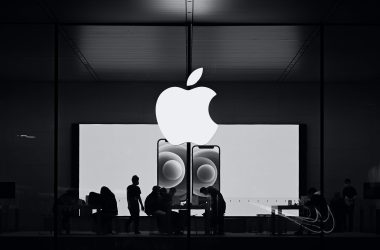Bumble is grappling with a series of challenges that have prompted significant action from its leadership, recently announcing weak Q4 2023 results, accompanied by a $32 million net loss and a revenue of $273.6 million. Despite showing improvement from the previous year, these figures fell short of Wall Street expectations, causing Bumble’s stock to plummet approximately 10% in after-hours trading. The disappointing performance was further compounded by a bleak forecast for Q1 2024.
In response to these pressing concerns, CEO Lidiane Jones revealed a series of drastic measures aimed at revitalizing the company. First is a significant reduction in workforce, with approximately 350 employees—equivalent to 30% of Bumble’s staff—facing layoffs. Also, Bumble is embarking on an ambitious app overhaul, focusing on integrating AI technology and implementing enhanced safety measures. Additionally, the company plans to introduce new features designed to resonate with younger demographics, addressing the evolving preferences of its user base.
During a call addressing the company’s earnings report, Jones emphasized the importance of strengthening Bumble’s foundational capabilities to deliver compelling user experiences conducive to fostering healthy and equitable relationships. She acknowledged the diverse needs of Bumble’s user base, highlighting the demand for both traditional online dating paradigms and more organic methods of connection.
However, Bumble’s challenges extend beyond financial setbacks. The company faces stiff competition from industry behemoth Match Group, whose aggressive marketing strategies—particularly targeting Gen Z users—have posed a threat. Bumble’s struggle to sustain payer growth, coupled with a lackluster response to recent app updates.
The broader decline in revenue among dating apps reflects shifting consumer preferences, with younger demographics reluctant to invest in premium features. In response, platforms like Tinder are pivoting toward facilitating long-term relationships, aligning with Gen Z’s evolving priorities. Meanwhile, initiatives such as Hinge’s sponsorship of singles events signal a concerted effort to bridge the gap between digital interactions and real-world connections.
Image credit: Unsplash









